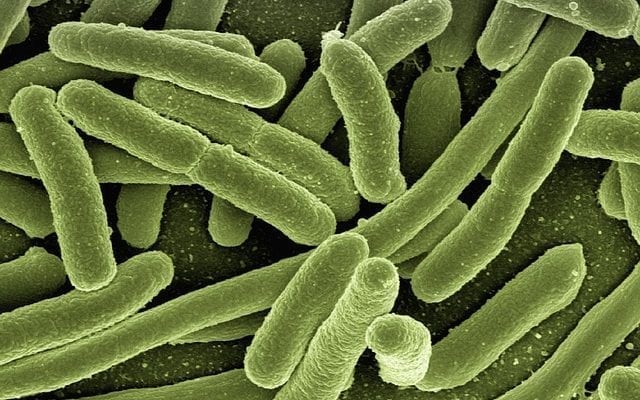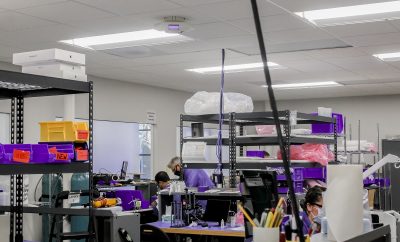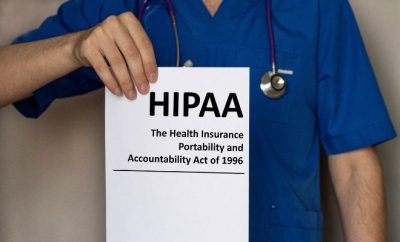
News
Antibiotics May Soon Become Useless
According to a startling reportby the United Nations, drug-resistant diseases could kill 10 million people a year by the year 2050. Drug resistance is becoming a seriously prevalent issue in modern medicine, as is exacerbated by that fact that antibiotics are often over prescribed to treat infection in humans, animals, and plants.
Antibiotics are some of the most marvelous inventions in modern healthcare, having a direct impact in saving millions of lives every year. However, the problem arises when bacteria begins to adapt, gradually reducing the effectiveness of antibiotics. Eventually, doctors are faced with diseases that are completely immune to many antibiotics, leaving no room for hope of treatment.

Over 700,000 people die from drug-resistant diseases every year, and now, common infections like urinary tract infections and STDs are becoming harder to treat. Two million Americans develop antibiotic resistant infections every year, and 23,000 die from those infections.
Drug-resistant superbugs have been allowed to thrive thanks to a perfect storm of means that has accelerated the spread and development of them. Contributing factors include lack of clean water, poor hygiene, lack of disease prevention, weak health, and the common practice of over prescribing antibiotics.
Now, these superbugs pose a serious threat to the world’s global health and economy. When a drug-resistant bacteria pops up, it forces to physicians to treat the infection with more expensive medications, increasing healthcare costs and placing a heavier burden on families and societies. They are also posing a risk for normally safe procedures like caesarean sections, surgeries, chemotherapy, and organ transplantations, as patients have a higher risk of contracting an infection that is harder to fight off with traditional antibiotics.

So is there a solution? One of the biggest barriers is the cost of fixing this problem. It is estimated that to fix the antibiotics problem in the U.S. would be about $1.5-2 billion per year. A large number no doubt, but just a drop in the bucket compared to overall expenditures of the country. The problem, herein, lies in the fact that pharmaceutical companies have little incentive to develop new antibiotics that are capable of fighting off these superbugs.
Bringing a new drug to the market takes years of research, testing, and a whole lot of capital investment. Even if a compound gains approval, antibiotics are nowhere near as lucrative as a drug that need to be taken daily, making it an unattractive undertaking for drug makers.
There is a clear consensus among the medical community that if we are to develop a solution to fix the antibiotics crisis, it will require a complete reworking of the way we use and treat infection. These drugs will need to be seen as a fundamental part of our public health and a key tool in our national security





0 comments